By Concurrent Chief Compliance Officer, Courtney Haddad
Compliance officers in the RIA space feel the pressure of two major business goals. One, we need to help the firm grow. Two, we need to protect the integrity of the business itself and the financial safety of our clients.
I don’t believe there is an inherent conflict between these two goals. But balancing regulatory adherence with ambitious, innovative business goals requires a nuanced approach. At the heart of this balance is fostering a culture of partnership where transparency and open communication take a lead role.
Here’s an example. When I speak with other advisors in the industry, I always ask them, “What challenges do you experience with your existing compliance team?” More often than not, I hear about compliance officers not offering much more than a yes-or-no answer when something needs review. Advisors want to hear the “why” behind these decisions that may affect both their business and clients.
Other advisors might face rigid compliance processes and want to work with firms that offer them a seat at the decision-making table. After all, they are the ones who have to follow those policies and procedures. By inviting the right individuals to share their voices, you can significantly enhance the quality of the decisions made, ensuring those choices are well-informed, balanced, and aligned with the firm’s goals.
Unify compliance and the business
In my experience, a good compliance policy will align compliance associates, the home office, and advisors under a shared vision. That starts by developing and maintaining a set of values that leave no room for vagueness or confusion. Keep in mind that ethics are subjective, based on each person’s beliefs and philosophies, and cannot be taught. Articulating clear expectations as early as the recruiting stage and upholding them consistently over time helps create a cohesive and aligned organizational culture.
Along with values, a clear definition of roles and responsibilities will help everyone adhere to the company’s ethical parameters. Still, breaches of rules will occur, and a fair and predictable process will help advisors feel safe and appreciated.
I have found that engaging the advisor and allowing them to give their perspective goes a long way to strengthening our relationship. When we open the floor for a sincere conversation with an advisor, we show that we both want to understand them and be understood in turn. I have seen advisors who are more likely to understand and accept disciplinary guidelines if needed when they feel that their relationship with compliance and the home office is one of trust and respect for each other’s perspectives.
Foster a culture of mutual understanding and accountability
This step is easy when compliance’s answer is ‘yes,’ but if RIAs want their partner advisors to remain engaged even through potential denials from compliance, the lines of communication must remain open. For instance, an advisor wishing to participate in an outside business activity will be satisfied if given the opportunity under some clear parameters instead of hearing a plain ‘no.’
This type of transparency sets the stage for a relationship where compliance is an integrated and positive part of the advisors’ professional lives. At the end of the day, compliance should be a two-way conversion, where the home office and advisors are responsible for each other’s actions and the success of the business.
Open dialogue and engaging advisors might become challenging as an RIA grows, so establishing an advisory board helps relieve the pressure for fast-growing firms. The advisors that make up the board deal with complex situations day to day and can provide honest feedback when the compliance team looks for efficient ways to implement new regulatory rules. Another tactic I have found highly effective is holding monthly town hall meetings where all staff and advisors beyond the board can voice their concerns and brainstorm ideas for senior leadership to evaluate.
Diligence after the meetings is extremely important. The last thing a firm wants is displeased advisors who feel the meetings are all for show and their feedback is brushed aside. Advisors appreciate hearing from senior leadership on how their concerns are being considered and how future decisions are being made.
Building strong and meaningful relationships takes commitment from all parties involved. To fully accomplish unity, the home office and compliance department must create an environment where advisors are free to voice their perspectives and where decisions are made with both the success of the business and the regulatory environment in mind.






